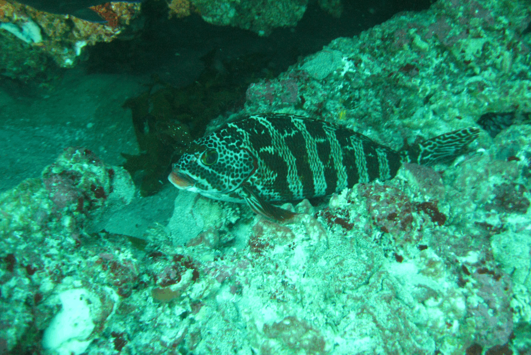State marine reserves (marine parks)
The Department of Biodiversity, Conservation and Attractions (DBCA) is the lead agency responsible for the planning and management of state marine reserves, in collaboration with Traditional Owners. Marine parks and reserves are created under the Conservation and Land Management Act 1984.
Once a state marine reserve is implemented, the Department of Primary Industries and Regional Development (DPIRD) is responsible for legislating relevant fishing closures under the Fish Resources Management Act 1994, as well as undertaking marine park compliance and commercial fishing compensation processes. DPIRD collaborates with DBCA and Traditional Owners for the ongoing management of marine reserves, which includes education on permitted uses within the reserves, ensuring compliance with fishing rules, and undertaking research and monitoring of the condition of finfish, sharks, rays and invertebrates.
The purpose of a marine park is not to manage fisheries. Marine parks work alongside fisheries management and environmental protection laws to keep our aquatic environment and marine ecosystems healthy and resilient.
DPIRD uses a range of fisheries management tools to assist with the sustainable management of fish stocks and to achieve fisheries management objectives. These tools can be broadly categorised as either input controls or output controls including bag and size limits, licences, gear restrictions and closed seasons, used to manage all types of fishing.
Recreational fishing is not allowed in some marine protected areas (MPAs).
State Marine reserve (marine park) legislation
Explore the regions for a full list of MPAs
Australian marine parks
DPIRD works with Parks Australia on the collaborative management of the North-west Marine Parks Network and the South-west Marine Parks Network to progress compliance, education and research initiatives.
Fishing activities are prohibited in sanctuary zones (IUCN Ia) and national park zones (IUCN II) and fishing gear must be kept stowed and secured when in these zones.
Where recreational fishing is allowed in Australian Marine Parks off WA it must be done in accordance with the WA recreational fishing rules, including species, bag and size limits, seasonal closures, gear restrictions and licence requirements. Information about the zoning and fishing rules and restrictions in Australian Marine Parks is available.
Information about zoning and fishing rules in Australian marine parks
-
North-west Marine Parks Network
-
South-west Marine Parks Network
Fishing in a marine protected area?
Restrictions may apply to fishing activities in MPAs.
Learn more
